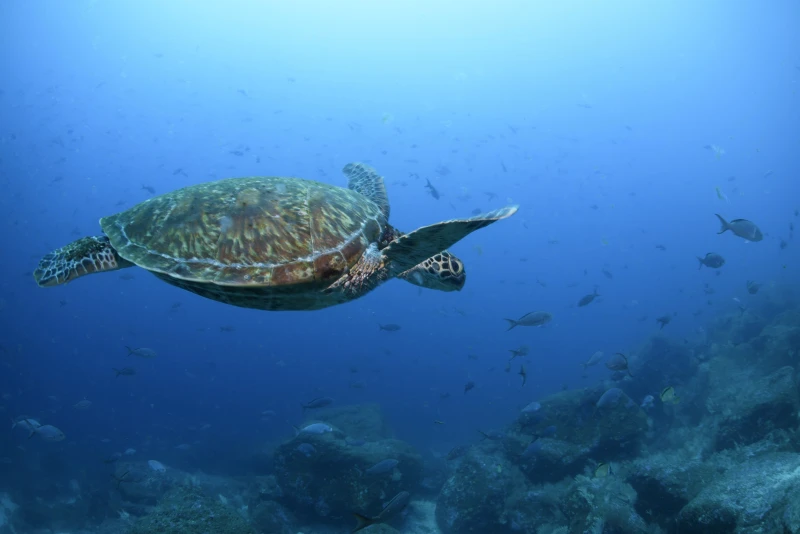The world’s first binding accord to safeguard international waters has cleared the final hurdle to become law, after Morocco deposited the 60th ratification on Friday.
The High Seas Treaty will officially take effect in January, creating a framework to designate large stretches of open ocean as protected zones.
The treaty, negotiated over two decades, has been welcomed by environmentalists as a breakthrough for marine protection.
“Covering more than two-thirds of the ocean, the agreement sets binding rules to conserve and sustainably use marine biodiversity,” said United Nations Secretary-General Antonio Guterres.
The oceans have long been under pressure from overfishing, rising temperatures linked to climate change, and pollution from ships. The International Union for Conservation of Nature (IUCN) estimates that nearly 10% of marine species face the risk of extinction, reports the BBC.
Three years ago, nations pledged that by 2030, 30% of waters, both national and international, would be under protection. Yet with only 1% of the high seas currently safeguarded, scientists have warned of accelerating biodiversity loss. The 2023 treaty seeks to change this by committing signatories to designate 30% of the high seas as Marine Protected Areas.
Ratification often drags on for years as parliaments must approve such agreements, but observers note that this treaty crossed the 60-state threshold unusually quickly. “Record time,” is how Elizabeth Wilson of The Pew Charitable Trust described it earlier this year.
Kirsten Schuijt of the World Wide Fund for Nature called it “a monumental achievement for ocean conservation” and “a turning point for two-thirds of the world’s ocean that lie beyond national jurisdiction.”
Greenpeace International’s executive director Mads Christensen said it was “proof that countries can come together to protect our blue planet,” adding, “The era of exploitation and destruction must end. Our oceans can’t wait and neither can we.”
Once implemented, signatory states will submit proposals for protected zones, with decisions taken collectively. Critics caution that each country will still carry out its own environmental assessments and hold the authority to decide, although concerns may be raised with oversight bodies.
The treaty highlights the ocean’s indispensable role: it is the planet’s largest ecosystem, produces up to 80% of the oxygen humans breathe, and contributes an estimated $2.5 trillion annually to the global economy.


